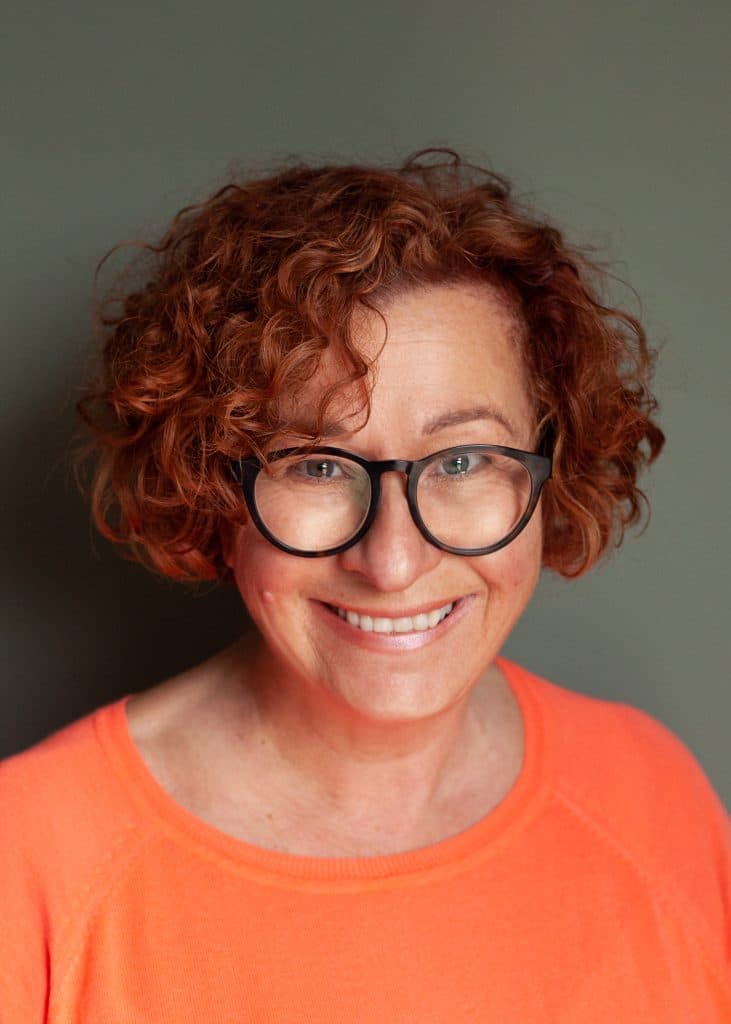

Congratulations to Joanne Briggs winner of our inaugural memoir writing competition, judged by Cathy Rentzenbrink.
Joanne’s memoir The Scientist Who Wasn’t There is an impressive insight into family, fraud and a father.
It felt like a page turner with a mystery to solve, but also promised a meditation on what it means to a child to know the flaws of their parents.

Joanne shared with us what inspired her to write her memoir and how an upcoming birthday proved an opportunity too good to miss.
Describe, reframe, make sense of it
My dad died over 35 years ago, but my understanding of who and what he was fundamentally changed when new information came to light in 2020, after a government enquiry. I started writing down what I thought, and this helped me to describe, reframe and make sense of it.
I had no intention of writing a memoir until I saw the publicity for the Bridport Prize, and the upcoming deadline. Then I thought about it and realised this was a story that was probably worth telling.
Therapeutic and changing
Several people asked me if I was finding revisiting the past in this way upsetting, and I always said I wasn’t. I later realised that suppressing, covering up or denying painful emotions was integral to the story I was telling about myself!
Overall, it has been therapeutic. Writing a memoir is a process: it has been changing me, as I have been changing it. I don’t think that process has finished yet, and at the end I expect us both to be different.
Birthday present to self
I’ve always enjoyed creative writing but never took myself seriously or showed what I wrote to many other people.
I did a part-time creative writing course over twenty years’ ago, mainly because I thought I’d lost the childhood ability to express myself freely.
Approaching my 60th year, I realised that just wishing was not going to make writing a part of the next phase of my life, and I wanted it to be. So, in October 2022 I began writing my memoir from a pile of notes in order to enter the Bridport memoir competition. The Bridport application was my 59th birthday present to myself. I thought I could put something together around the 8,000-word limit, then see what happened.
What’s inside doesn’t have words till you write
If you don’t start writing, and keep writing, you may never know what your story is really about. I thought I did when I started: but as you shape the words and the sentences, they shape you back. It sounds obvious, but most of what is inside your head doesn’t have words until you try to write it down.
Proved to myself I valued my writing
By entering the Bridport Prize and sending in my first 8,000 words I proved to myself that I valued my writing enough to show it to the wider world.
The Bridport Prize has been really accessible and supportive for somebody like me, who has no previous experience of sharing my creative work or of creative writing on this level and at this scale. The Facebook group is really encouraging, and makes you feel like part of a community.
Everyone has a book in them” – Martin Amis thought this claim untrue. Rather, he said, everyone has a Memoir inside them. And in a world which seems ever more polarised and divided, finding ways to tell our own stories can help us to be better at stepping into the shoes of others. All the shortlisted entries, as well inviting us into the experience of specific individual lives, also told us something different about the world, using storytelling to move, excite and intrigue us.








